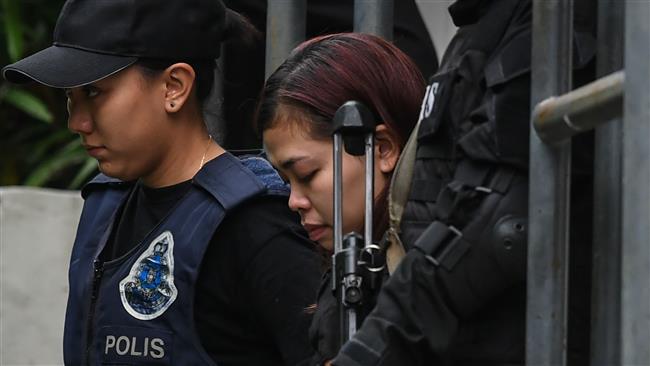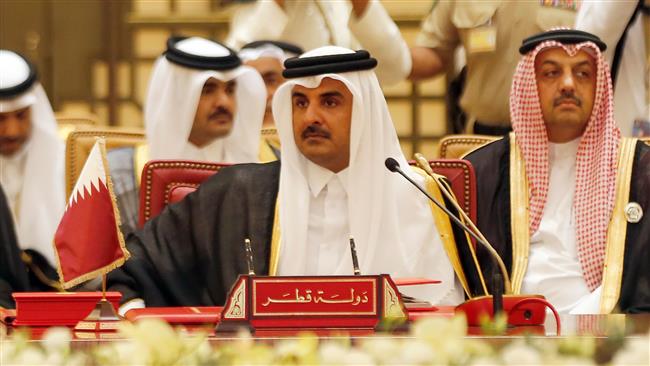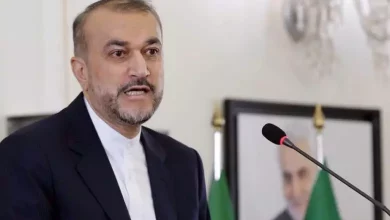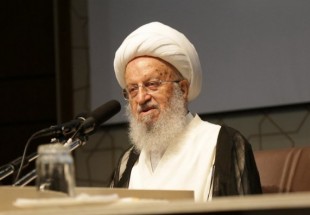Malaysia charges two women with Kim’s murder


A Malaysian court has formally charged two female suspects with the assassination earlier of the North Korean leader’s exiled half-brother, Kim Jong-nam, at the Kuala Lumpur airport.
The magistrates’ court, in the Malaysian capital of Kuala Lumpur, on Wednesday announced the charges against 25-year-old Indonesian citizen Siti Aisyah and Vietnamese Doan Thi Huong, 28, over the February 13 killing.
More than 100 heavily armed police agents wearing balaclavas and wielding automatic weapons had secured the entrance to the court building.
The court further informed the suspects — who were not asked to enter a plea — that they will face the death penalty if they are convicted of the murder charge. A trial, however, is not expected to get underway for several months, according to press reports.

The pair was taken to the isolated courthouse on the outskirts of Kuala Lumpur under heavy security, and pushed through and into the building through a crowd of media people.
Both women have claimed that they thought they were participating in a prank when they robbed the deadly VX nerve agent on the face of Kim as he was walking at the airport.

The VX nerve agent is categorized as a weapon of mass destruction and is internationally banned.
Malaysia has refused to turn over Kim’s body to North Korea and has sought to question a North Korean diplomat in connection with his killing. Malaysian police also seek to question an employee of the North Korean airliner Air Koryo.
Read more:
Kim, who attended school in Russia and Switzerland, was a computer enthusiast and fluent Japanese speaker. After completing his overseas studies, he oversaw North Korea’s information technology policy. He fell from grace in 2001, however, and had been living in exile since 2003. He was reportedly an occasional critic of Pyongyang, advocating reform.
His death is the second most high-profile death during the reign of his younger brother, North Korean leader Kim Jong-un, since the execution of Jang Song-thaek, the brothers’ once powerful uncle, in December 2013.




